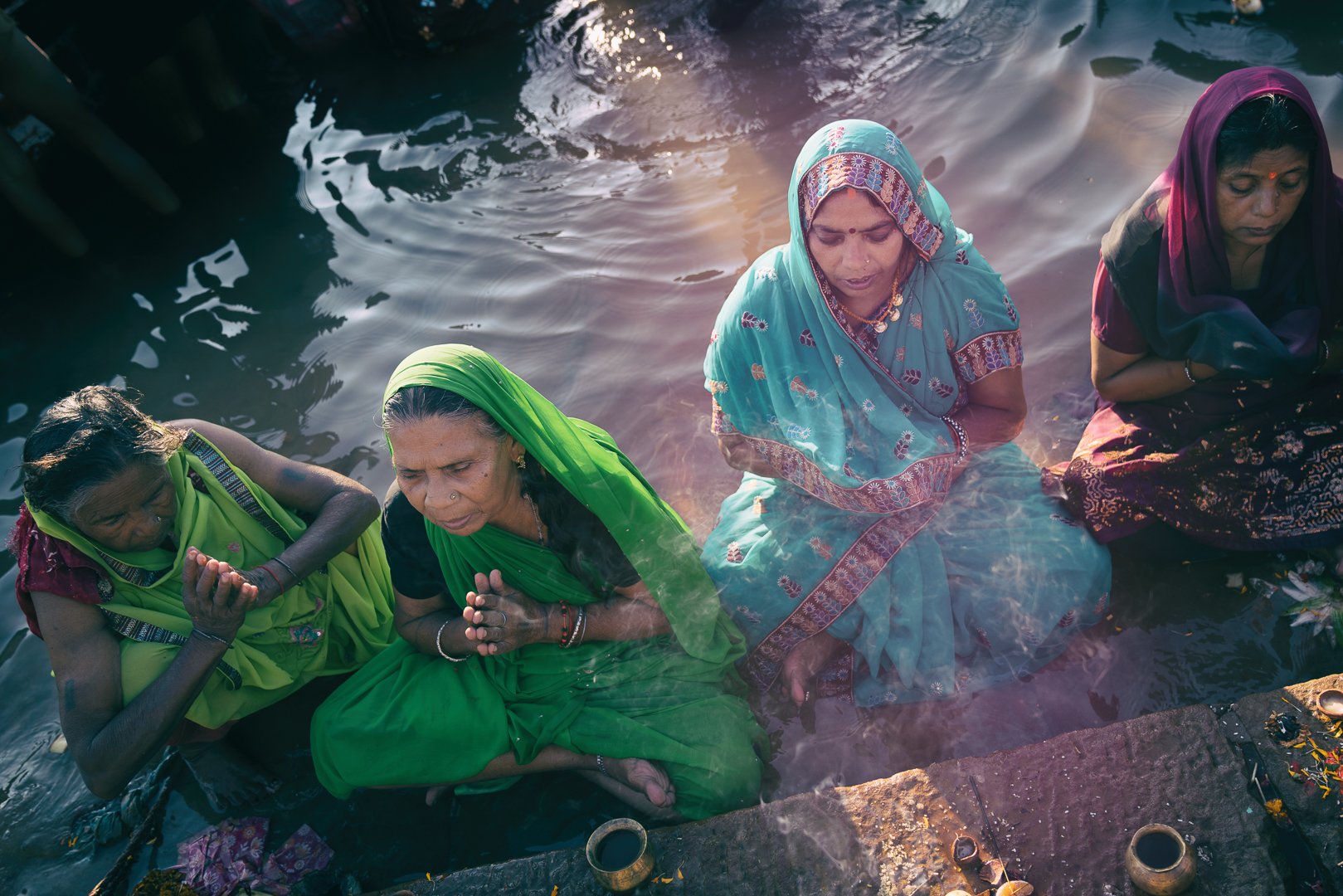India Holy Water
Water in India carries profound significance, intertwining with the rich tapestry of cultural and spiritual practices. A prime example lies in the sanctity of bathing, a pivotal daily ritual within the Hindu faith. This act transcends mere physical cleansing; it extends to purifying the mind and soul.
The morning bath, in particular, is embraced for its perceived ability to dispel negative energies, offering a fresh start to the day. Beyond the routine, Hindu beliefs highlight the transformative power of river bathing on specific occasions. Such immersions are thought to secure forgiveness for transgressions and pave the path to salvation. Many devout Hindus firmly believe bathing in the sacred Ganga at any given time has the potential for spiritual rejuvenation. Central to Hindu convictions is the notion that life remains incomplete without the profound experience of bathing in the Ganga at least once. For those who can’t get to the Ganges, other Indian rivers complete this pilgrimage rite.
Clean water is also scarce in many parts of India, and women in Rajasthan, for example, walk long distances through the desert to bring back jugs of water that they carry on their heads. In contrast, in others in the cities, women sell clean water one cup at a time on dusty city streets.




















